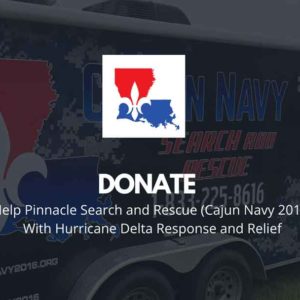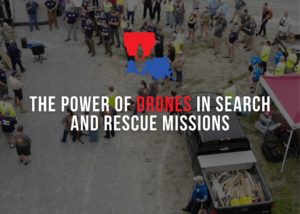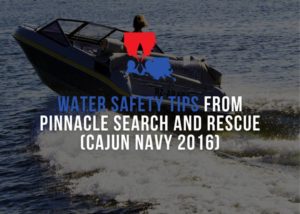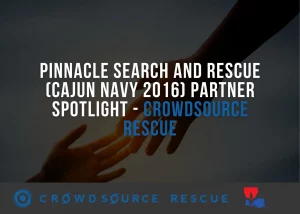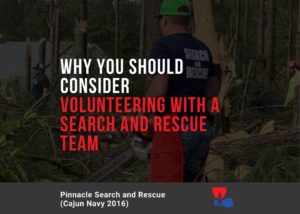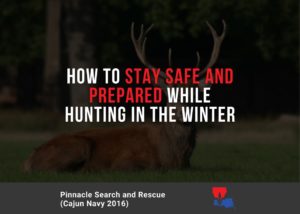Hurricane season is in full swing, and won’t end until November 30. Before hurricane season ends, it’s essential to know what you can do to stay safe when a hurricane approaches. In this blog post, we will discuss ten ways that will help you in preparing for hurricane season!
Related Reading: How to Stay Safe and Prepared While Hunting in the Winter
Prepare Your Home
Close all of your windows and doors and remove any objects that could become airborne during hurricane-force winds.
You should also turn off your power and gas lines to prevent potential disasters such as fires or explosions from happening when the hurricane is nearby.
Another essential step in preparing for a hurricane is removing anything with sentimental value, like photos of loved ones who have passed away, because hurricane-force winds are strong enough to destroy your possessions.
Bring inside any outdoor furniture or objects that could become airborne in strong winds—tie down any loose items, such as awnings, to the ground.
In some cases, high wind speeds can cause these objects to be blown off and into the air, resulting in severe injury or death of a resident.
Decrease indoor humidity by opening window curtains and use an electric fan if possible. Turn off air conditioners and any outdoor watering systems in advance.
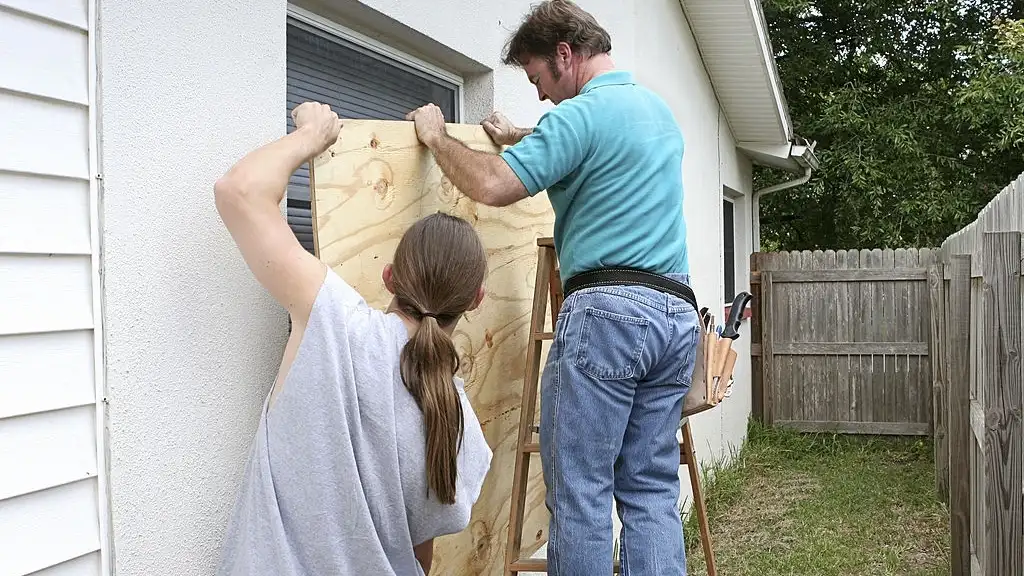
If you have hurricane shutters, be sure to put them up. You can purchase hurricane shutter kits from your local hardware store for a relatively low cost.
Prepare for the hurricane by clearing out any loose leaves and debris in your yard.
Fuel up and test any gas generators that you plan to use. If you do use gas generators, be sure to do so in an unenclosed area to prevent carbon monoxide poisoning. Never run a generator in an interior room.
Prepare Your Vehicle
Fuel up your vehicle with gas in case you need to evacuate.
Clear out any loose objects in your car and make sure everyone is buckled up to avoid injury.
If you plan to drive, be aware that the hurricane’s strong waves will push water onto land, which may cause flooding.
Always have enough cash for hurricane supplies, such as bottled water and canned food, if the hurricane causes an interruption to your local area’s power grid.
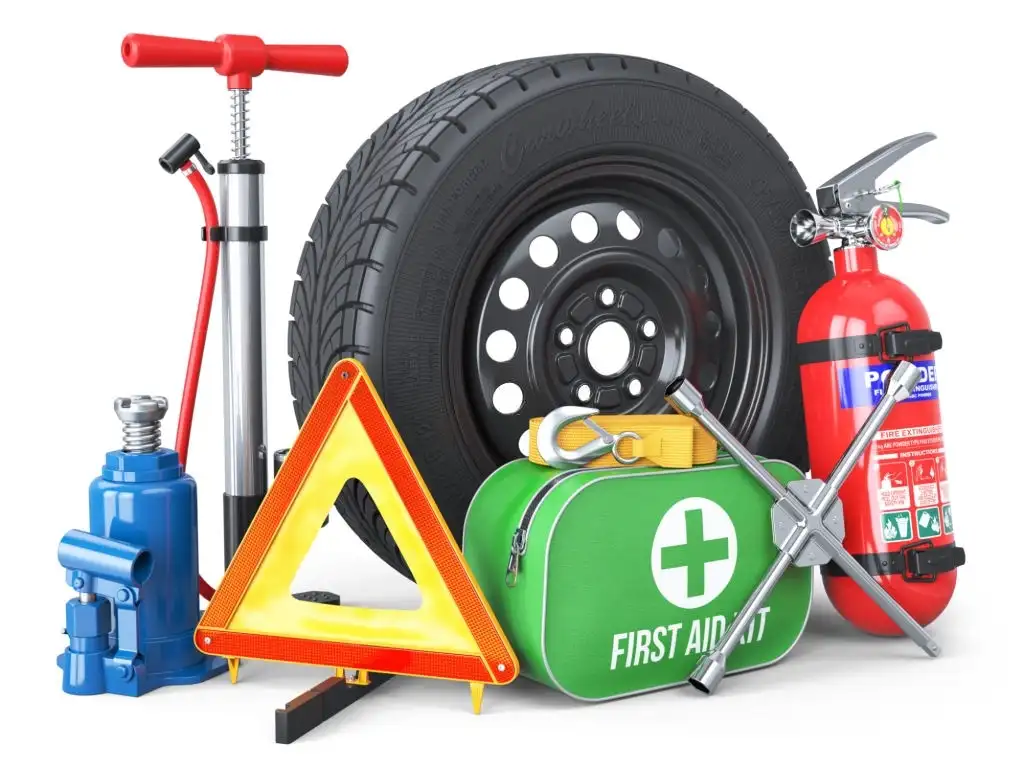
You’ll want a battery-powered radio or television with you so that you can stay up to date on any warnings or information about the hurricane while it is active near you.
If you have a hurricane evacuation plan, be sure to pack hurricane supplies in your vehicle at all times.
Check tire pressure and change if necessary.
Fill empty fuel tanks with extra gasoline as well as clean non-alcohol-based fuels stored for emergencies.
Stock emergency car kit items such as jumper cables, phone chargers, flares, flashlights, and a couple of days worth of clothing.
If you do have to drive during hurricane winds, remind passengers that they should not open windows when hurricane winds are present because pieces of broken glass can fly off.
Never, ever drive through floodwaters. Go around, don’t drown!
Stay Informed
Stay informed on the hurricane’s activity by following local news and emergency management officials on social media.
Pay attention to tropical storm and hurricane watches, and be prepared to act accordingly. (The National Weather Service issues hurricane watches 48 hours before it anticipates tropical storm-force winds).
You can also download hurricane emergency apps to keep you up-to-date on the hurricane’s location. Here is a list of the best apps for tracking hurricanes.
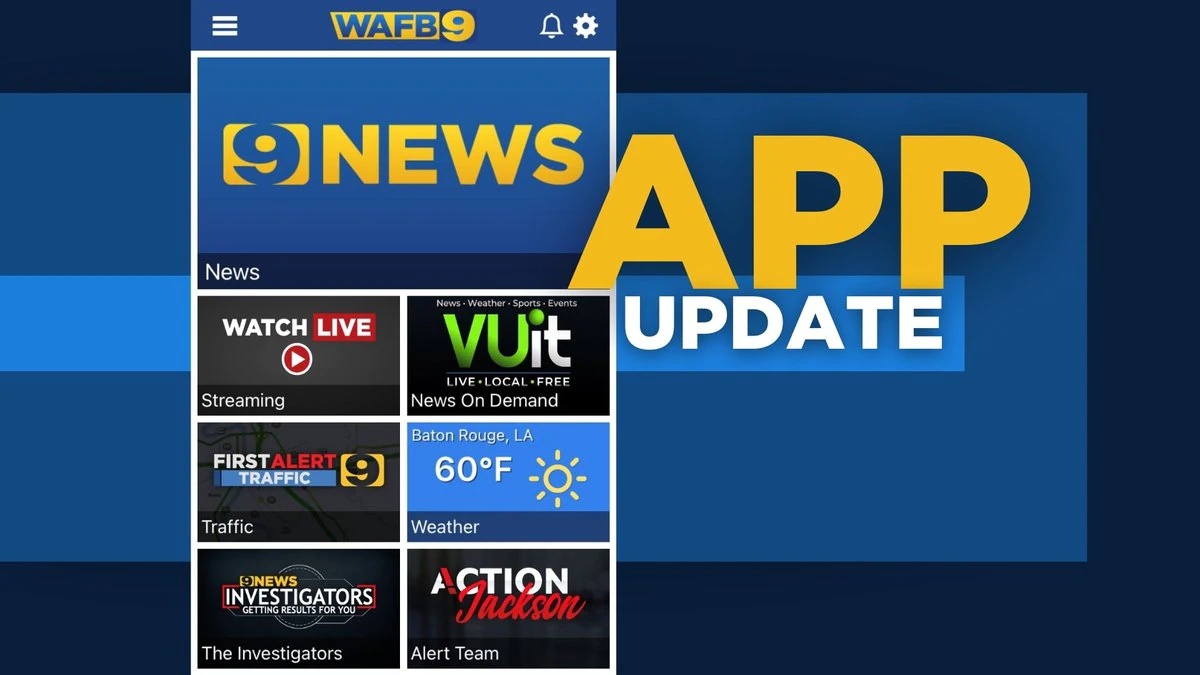
An app recommended for this hurricane season includes the WAFB Weather App, which allows users to monitor hurricanes and warnings and provide detailed information like hazards, evacuation zones, shelters, and public transportation options, and more.
Stay informed about weather alerts and updates by signing up for email notifications from local authorities or downloading hurricane preparedness apps.
Stay tuned to local news stations for updates on hurricane warnings, evacuation orders, and the hurricane’s progress in general.
Stock Up
Prepare an emergency kit with supplies for your family.
Include hurricane supplies such as bottled water, canned food, first-aid kit, and emergency care tools.
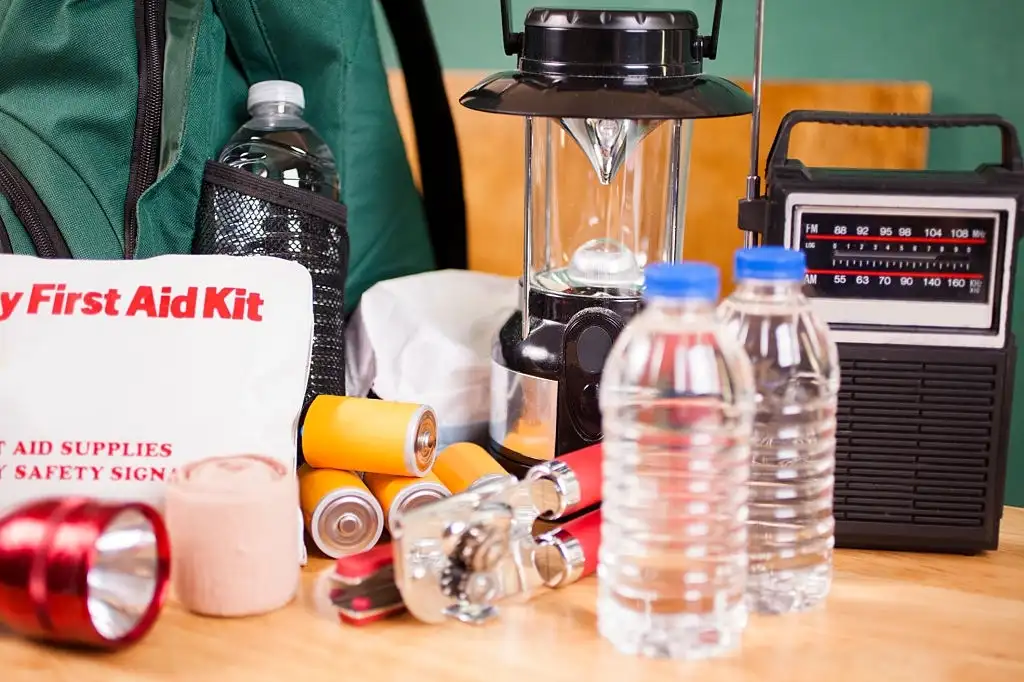
Stock up on water and non-perishable snacks before the storm hits, as stores may become congested after a hurricane.
Stock up on batteries for the radio or TV to stay informed during hurricane warnings.
Prepare an emergency supply of cash in case you are unable to access your bank account due to power outages following a hurricane warning.
Fill containers with water in case the power goes out during the storm’s duration (you will need at least one gallon per person per day).
Ensure you have a supply of water, food, and medicine to last at least three days.
Keep hurricane and emergency supplies in a hurricane-proof container and ensure that you have enough hurricane supplies for your family and pets.
Never leave children or animals in the home alone during a hurricane warning, even if it is just to run out to get some emergency essentials. Keep them with you at all times so that they can stay safe as well.

Have an Evacuation Plan
Ensure you have an evacuation plan, should you need to get out of your home quickly during a hurricane or flood warning – don’t wait until the last minute!
Make sure everyone in your house has a designated place to meet outside your home if needed.
Get to know the evacuation routes from your home area and the hurricane evacuation zones in your city or county. Always have a secondary route in case downed trees or a storm surge renders your primary route impassable.
Know if there are shelters near you so that you can stay with friends or family if necessary (this is especially important for those who have pets).
Create a Communication Plan
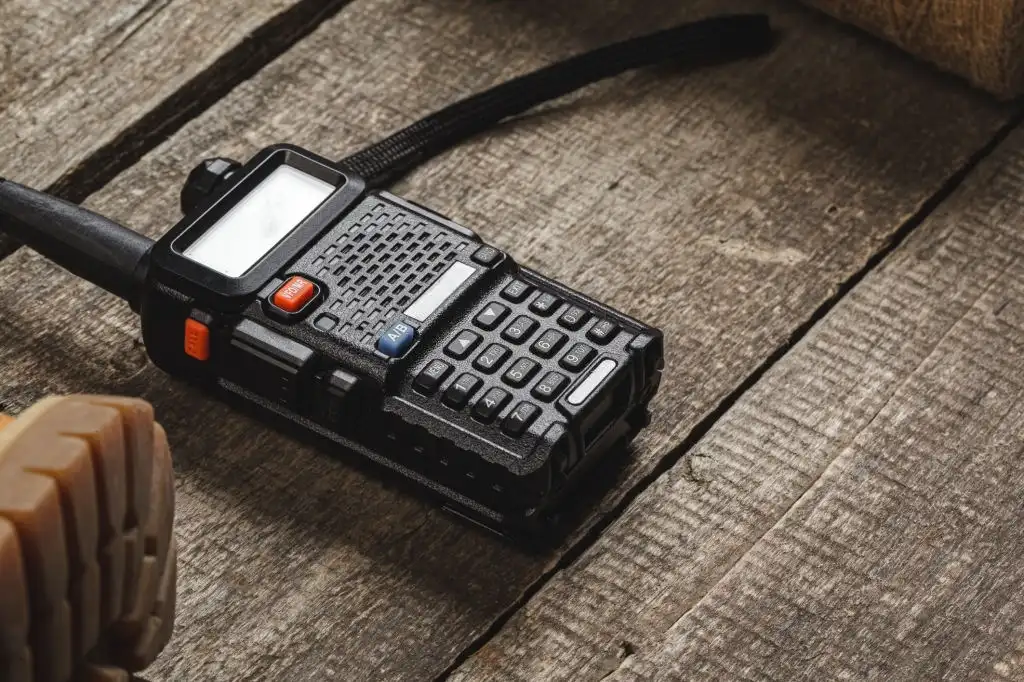
Create a plan for how you will communicate with loved ones during emergencies or disasters.
As we learned the hard way during the great flood of 2016, you can’t always rely on cell phone service.
If you lose power during a hurricane, chances are you’ll lose wifi as well.
Get copies of all important documentation.
Keep important documents, such as copies of birth certificates and social security cards, in a safe place.
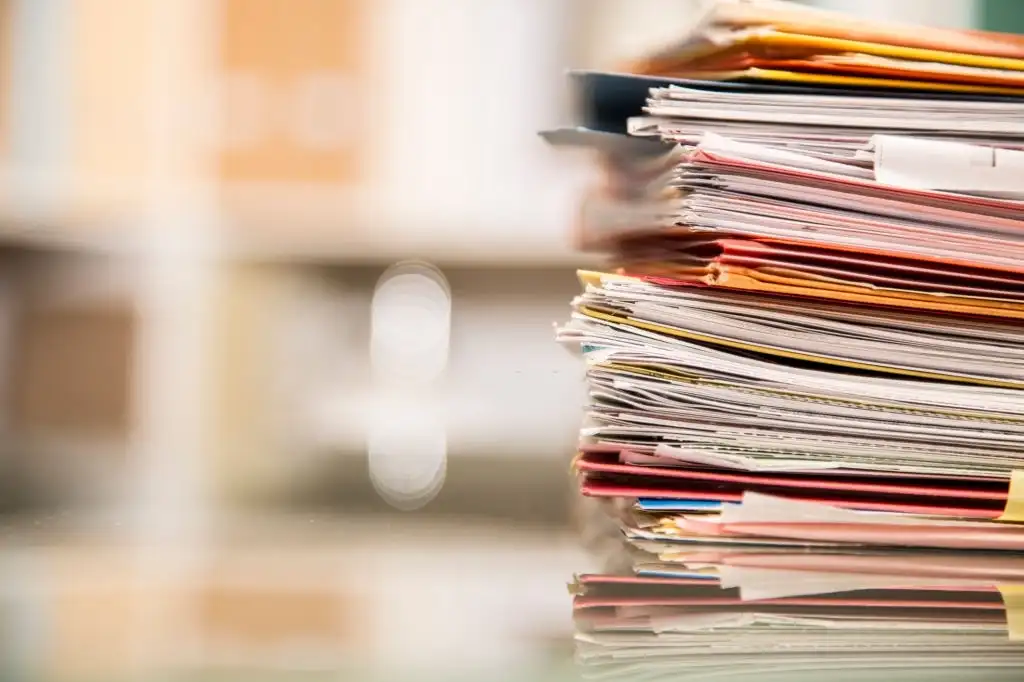
Store copies of important documents in a hurricane-proof container so that you can access them quickly should they become wet or destroyed.
Maintain an up-to-date list of medical information, including medicines, allergies, and conditions for each person in your family as well.
It is also helpful to keep contact numbers for emergency services like poison control centers on hand.
Use hurricane-proof labels to attach identifying information, such as your name and phone number, to important items in case they become wet or destroyed.
Include the address of where you live for emergency personnel who may need it should a hurricane warning be called at any time.
Generate an extensive list of contact numbers for family members and out-of-town friends so that you can reach them in the event of an emergency.
Keep a hurricane checklist nearby with details on all hurricane supplies, evacuation routes, and communication plans.
Store it somewhere safe where everyone in your home knows how to find it during emergencies or disasters.
Review Your Insurance Policies
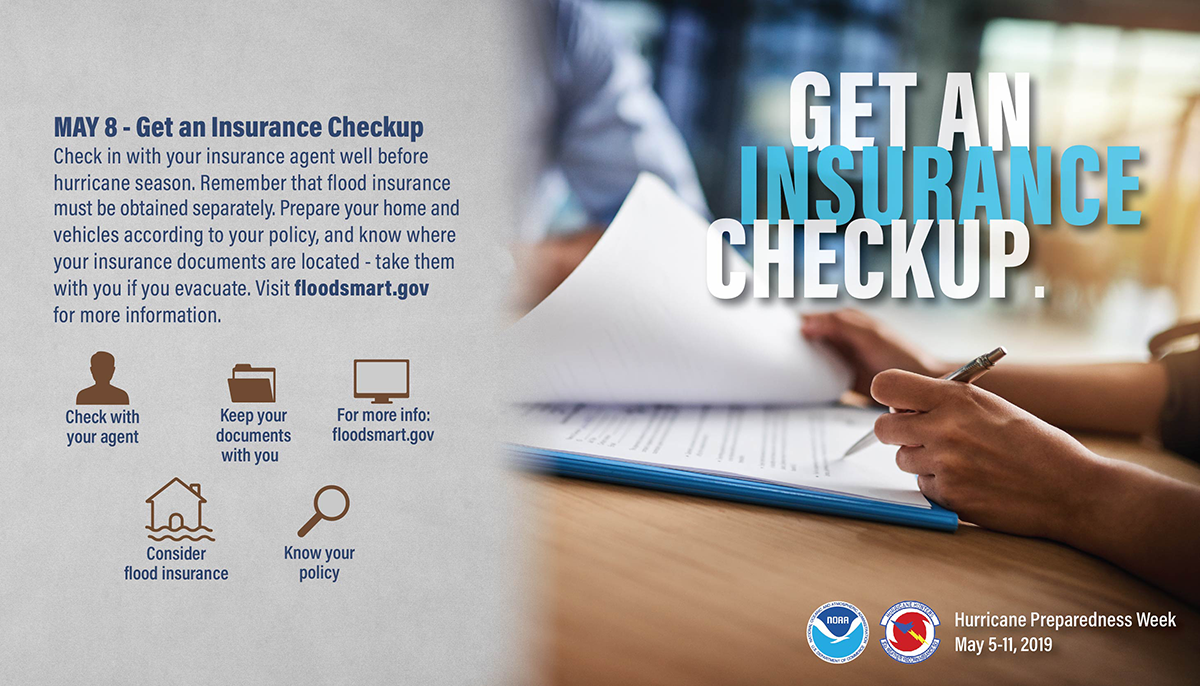
Review insurance policies to make sure they cover storm damage or other potential losses. As we also learned during the Great Flood of 2016, your homeowner’s policy might not cover as much as you think.
For example, did you know that your car insurance may not cover hurricane damage?
Contact your auto insurer to see if hurricane protection is available.
Theft, vandalism, or other crimes are also something that might be excluded from a hurricane policy. So it’s important to review all of the terms and conditions for everything to be sure you’re ready for anything.
Help Your Neighbors
Preparing for hurricane season isn’t all about you. Look out for your neighbors, family, and friends also.
Stay in touch with friends and relatives who live outside the hurricane zone via social media or by phone if possible for additional resources.
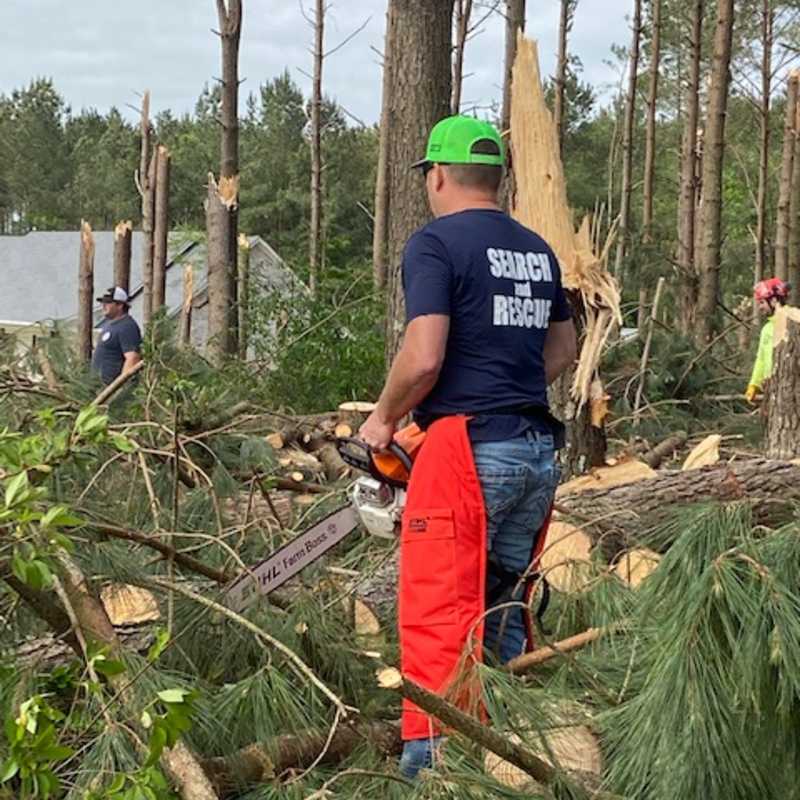
Watch out for your neighbors by checking in periodically with them during hurricane season to make sure they have everything they need should the hurricane strike near you or where they live.
You never know what might happen, and hurricane season is unpredictable.
Look out for each other to reduce the risk of a hurricane disaster.
Don’t Forget About Your Pets.
If possible, have an evacuation plan for pets (animals cannot take care of themselves) by making sure they have identification tags and hurricane-proof crates.
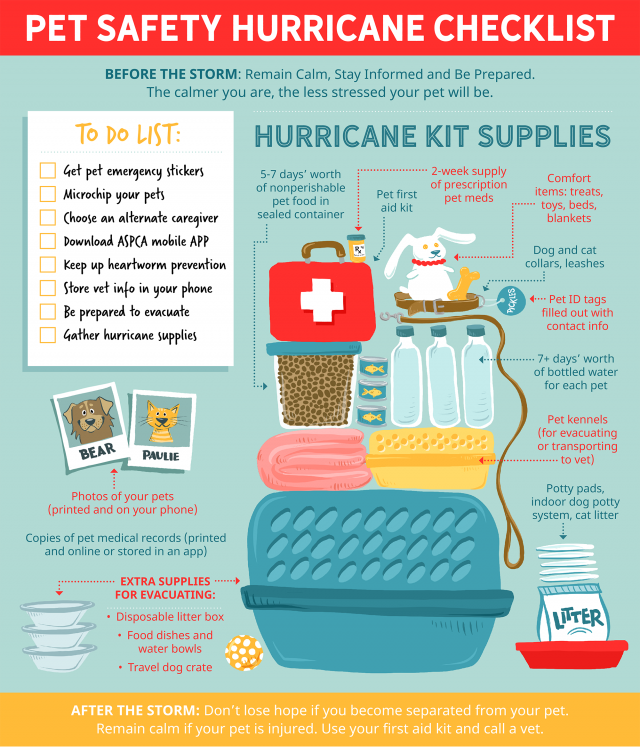
Discuss your hurricane plan with a veterinarian if you need assistance caring for animals during an emergency or disaster.
It’s also important to make sure that all pets are up to date on their shots so they don’t get sick from something like rabies, which could be fatal if left unattended. Plus, most shelters require that animals be up to date on vaccinations.
Pets should also have hurricane-proof crates or carriers, plus supplies like food, water, and toys for the duration of an evacuation period. Make sure your pet has a hurricane checklist too. Animals are just as important during hurricane season – don’t forget about them!
Hurricane season is here, and it’s important to stay safe. Learn how we’re getting prepared for Hurricane Ida.
The best way to be prepared for a hurricane is by staying informed about the latest weather reports, following evacuation routes, maintaining an emergency kit with food and water, protecting your property from storm damage or theft, and making sure you have contact information for family members in case of emergencies.
Stay safe this hurricane season!
Follow these hurricane safety tips so that you can stay safe during hurricane season.
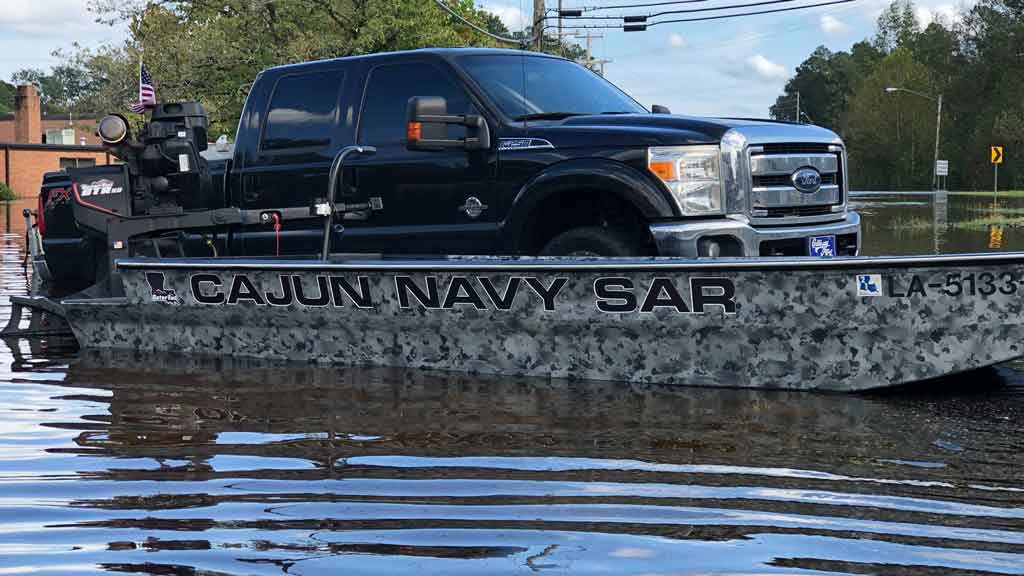
About the Cajun Navy
The Cajun Navy is a volunteer-based organization of watercraft owners who unite to provide marine assistance to people in distress during severe weather events.
Louisiana citizens formed the group in the aftermath of Hurricane Katrina, and volunteers from all over pledge to lend their assistance and share resources and flood relief supplies with those in need. The reward for joining this vigilante force? An immense feeling of satisfaction comes with helping others through tough times.
Hurricane Season allows you to join the fight against storms!
Now’s your chance: Take action today!
Find out how YOU can help when it matters most. Complete the form below to find your place!
